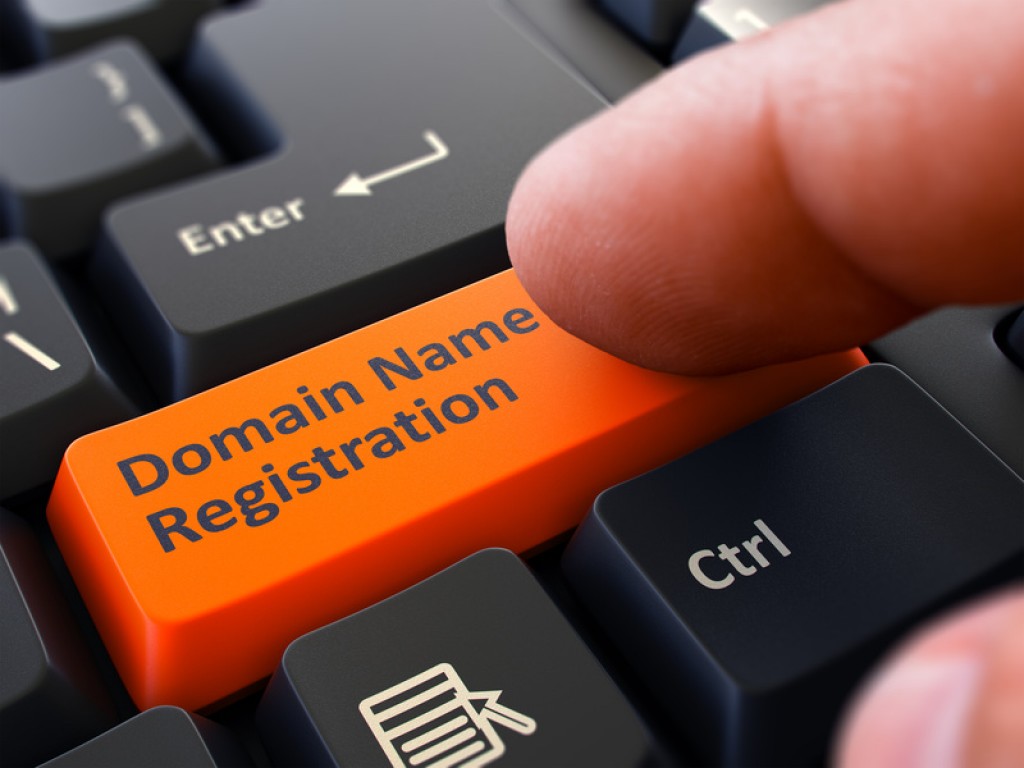You’re creating a website, and the first thing you need to do is buy a domain name. It is the name and address of your website. This is necessary so users can find and access your website easily.
There are plenty of things to consider before buying a domain name. This is because once you purchase one, it is uniquely your own. Thus it is crucial to pick the right one. To help you find a domain name, try this domain name checker that helps you find available ones and provides suggestions if your chosen option is taken.
Now let’s get to the eight things to consider for a successful domain name purchase.
1. Choose A Domain Name Registrar

Source: webhostingsun.com
You don’t have to go to a dedicated domain name registrar to get your appropriate one. Usually, web hosting companies also provide the service to register your domain name. They typically do this to make it easier for you and other users who are creating a website. You don’t need to go to other websites to purchase them and can do it straight from their own.
One thing to note is that ensure the web host’s registrar is ICANN certified. ICANN is an organization that coordinates domain names worldwide.
2. Pay Attention To Domain Name Pricing
Domain name extensions have different pricing. Make sure you check with your registrar and see how much your domain name extension costs. They’ll usually provide a list of domain name extensions prices before you purchase so you can check which extension fits best with your budget.
After registering your domain name, you’re required to renew the license every year. If not, it will be available for someone else to purchase.
3. Lookout For Hidden Fees

Source: zerogravitywebworks.com
Be careful when choosing a domain name registrar, especially if they have the option to buy a domain name at a low price. There might be some hidden fees in the contract, and they can charge you too high when you renew the license.
Make sure to double-check the terms and conditions before you purchase a domain name from any domain registrar.
However, here you should always look for features that might benefit you, like domain privacy protection. When you buy a domain name, you must input some basic personal information. Domain privacy protection is a service that allows you to replace your contact details, with generic registrar related ones, effectively masking your identity on WHOIS databases.
4. Make It Easy To Spell and Memorize
People should be able to type your website name as soon as they hear it or after a short description of it. It’s difficult to remember and visualize domain names with plenty of characters, numbers, hyphens, or an odd spelling of words. Vocalizing hyphens or numbers might be confusing, keeping people from accessing your website.
Try to make your website have the right ring to it. It doesn’t need to be an existing word. You can create your brandable name that is unique and trustworthy. For Example, Uber and Google are both brandable names, or in other words, names with no specific meaning.
Ideally, you should also stick to simple words that don’t have region-specific spelling or words that are generally hard to spell or pronounce.
5. Look at Competitors

Source: pexels.com
Take a look at your competitor domain names and the leaders in your niche and see what keywords they include in their domain name and extension. Businesses involving automobiles will more likely have words that revolve around automobiles.
Also, pay attention to the domain extension they use. Are they playing it safe by using .com, or are they going for uniqueness by using unconventional extensions like .fun or .uno? Despite popular belief, these less common extensions can be a great way to stand out, and make a longer-lasting impression.
Take the time to really understand what the niche’s essential keywords are, which might work for you, and if they will help you stand out from the competition.
6. Keep It Short
As mentioned above, a good domain name should be easy to spell and memorize, so shortening the name will significantly help. Try to keep it less than 15 characters or no more than two or three words, excluding domain extension.
To help you make a short one yet memorable, you can look beyond .com. There are plenty of domain extensions that can help boost what your website is about. For example, there are niche specific domains like .car, .studio, and .film to help visitors know what your website is about and make it easier to remember.
7. Avoid Slang

Source: pexels.com
Try to avoid using English Slang since the internet has a global reach, and you might attract visitors who won’t understand what it means. If you are confused about which words to choose, try using a thesaurus to get new domain name ideas. Find something that resonates with your brand, explore synonyms, and related words that might reflect the core of what you’re setting out to do.
There is plenty of online thesauri that can quickly help you get synonyms or relevant words from your idea, so you don’t use slang. You can even type in the slang word you wanted to use and get a more global or formal synonym for it.
8. Ensure Domain Name Availability
Lastly, you need to make sure that the domain name you want is indeed available. After you’ve put a lot of thought into creating one, the last thing you want to happen is finding out that it is unavailable.
Worry not. As I mentioned in the introduction, domain name checkers can help you find alternatives to your original idea. They’ll sometimes give you great synonyms or relevant alternative words or even change the domain extension for you to find the one that fits you the most.
Once that is done, all that’s left for you to do is purchase the domain name, and it is yours.




